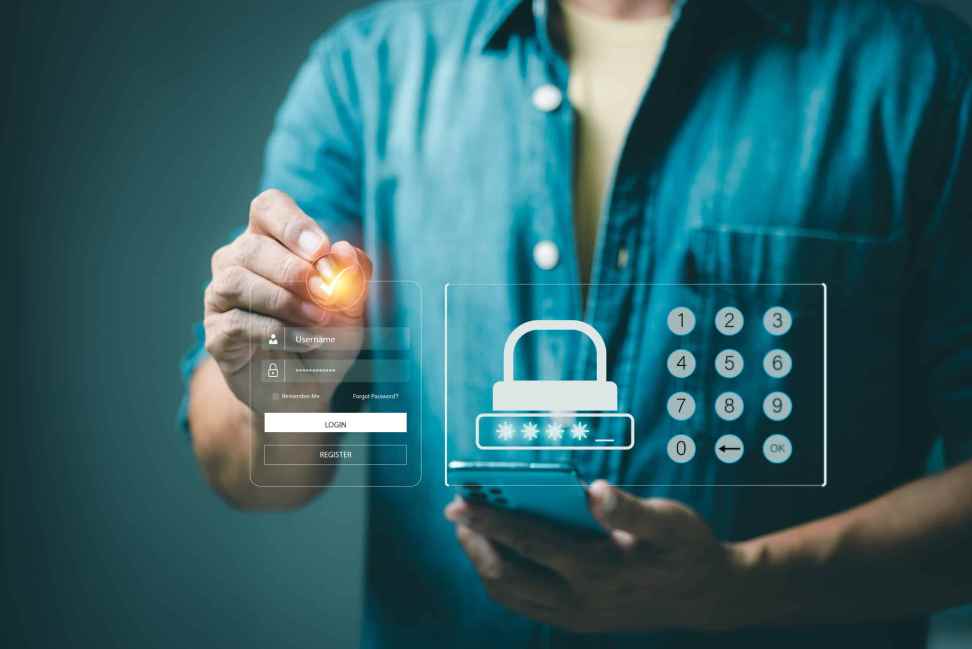100exch, Matchexch9, Laser 247.com: Blockchain technology plays a crucial role in enhancing the security of identity data by providing a decentralized and tamper-proof system. Traditional identity management systems often store sensitive information in centralized databases, making them vulnerable to cyber attacks and data breaches. However, with blockchain, data is stored across a network of nodes in a way that ensures transparency and immutability, reducing the risk of unauthorized access and manipulation of personal information.
The cryptographic principles used in blockchain technology enable the secure storage and transfer of identity data through the use of digital signatures and private keys. This ensures that only authorized individuals can access their personal information, enhancing privacy and control over one’s own data. Additionally, the decentralized nature of blockchain eliminates the need for a single point of failure, making it harder for hackers to breach the system and compromise sensitive identity data.
Challenges Faced in Traditional Identity Management Systems
Traditional identity management systems encounter several challenges in today’s rapidly evolving digital landscape. One of the primary difficulties lies in the centralized nature of these systems, which makes them vulnerable to single points of failure. In the event of a data breach or cyberattack, the entire system can be compromised, putting sensitive personal information at risk.
Moreover, traditional identity management systems often lack transparency and accountability, making it difficult for users to have full control over their own data. With multiple intermediaries involved in the identity verification process, there is a higher likelihood of errors or discrepancies that can lead to identity theft or fraud. These challenges highlight the urgent need for more secure and efficient solutions in managing identity data in the digital age.
� Centralized nature of traditional identity management systems
� Vulnerability to single points of failure in case of data breach or cyberattack
� Lack of transparency and accountability for users
� Difficulty in having full control over own data
� Involvement of multiple intermediaries leading to errors or discrepancies
� Higher risk of identity theft or fraud due to these challenges
Benefits of Using Blockchain for Digital Identity
99 Exchange, Big Exchange ID, Maxwin9: Blockchain technology offers a decentralized approach to securing digital identities, making it less vulnerable to hacking and unauthorized access. By storing identity data across a network of computers rather than a centralized database, blockchain enhances security and reduces the risk of data breaches.
Furthermore, the use of cryptographic keys in blockchain technology ensures that only authorized individuals have access to their digital identities. This added layer of security and privacy protection makes blockchain a robust solution for safeguarding sensitive personal information in the digital age.
What is the role of blockchain in securing identity data?
Blockchain technology offers a decentralized and secure way to store identity data, making it resistant to hacking and fraud.
What are some challenges faced in traditional identity management systems?
Traditional identity management systems are often centralized, making them vulnerable to data breaches and identity theft. They also lack transparency and control for individuals over their own data.
What are the benefits of using blockchain for digital identity?
Some benefits of using blockchain for digital identity include increased security, immutability of data, transparency, and control for individuals over their own identity information.

